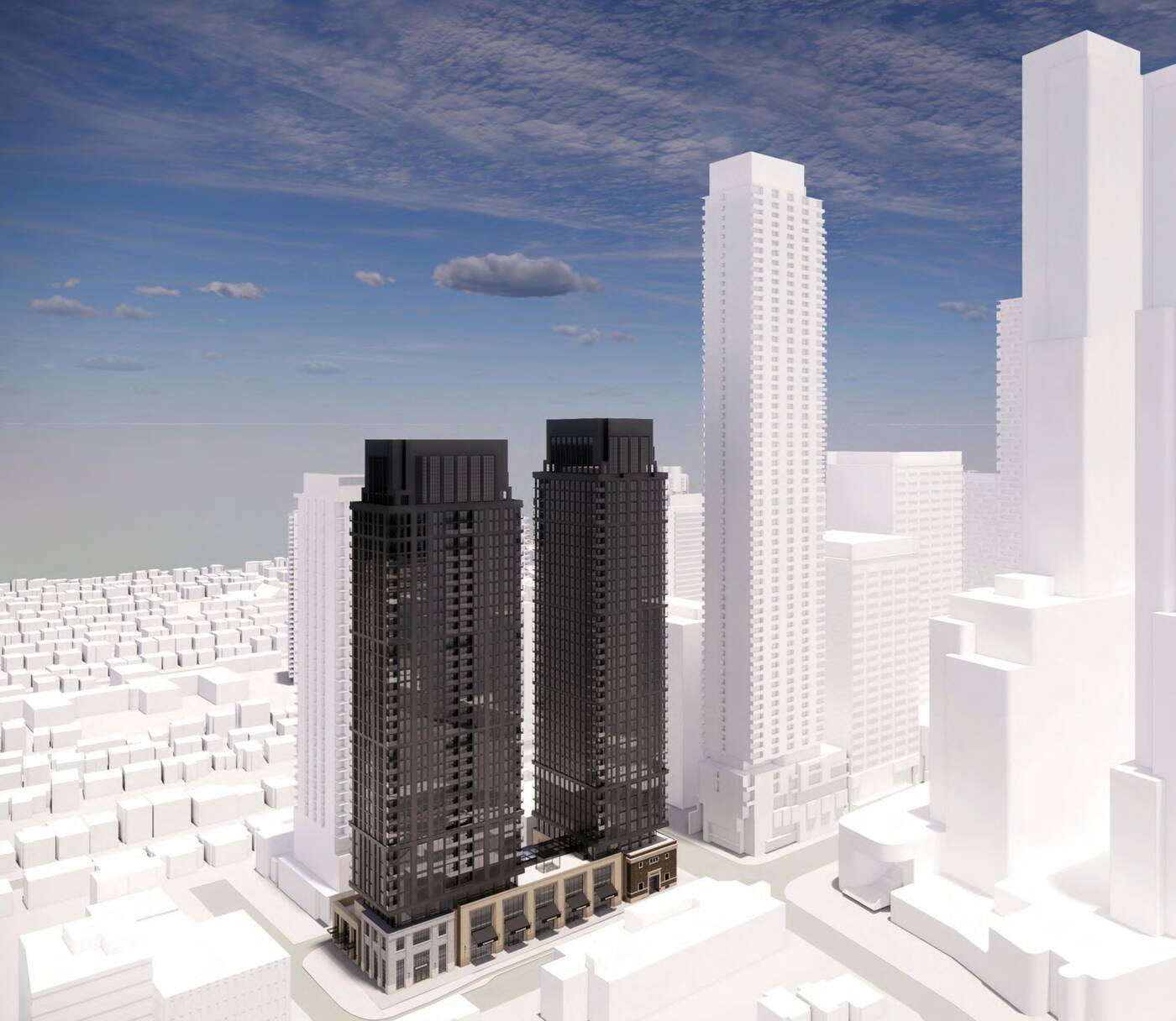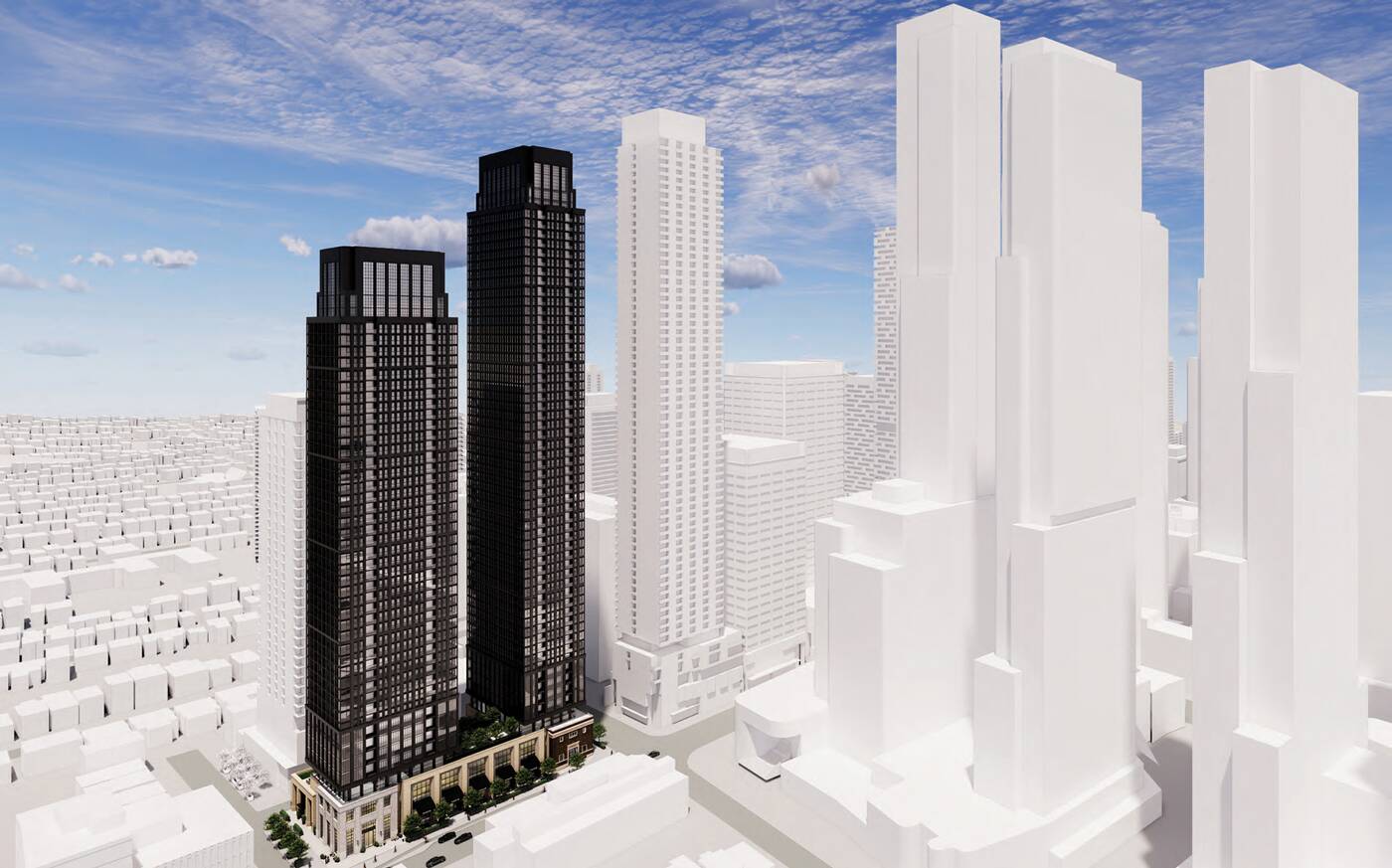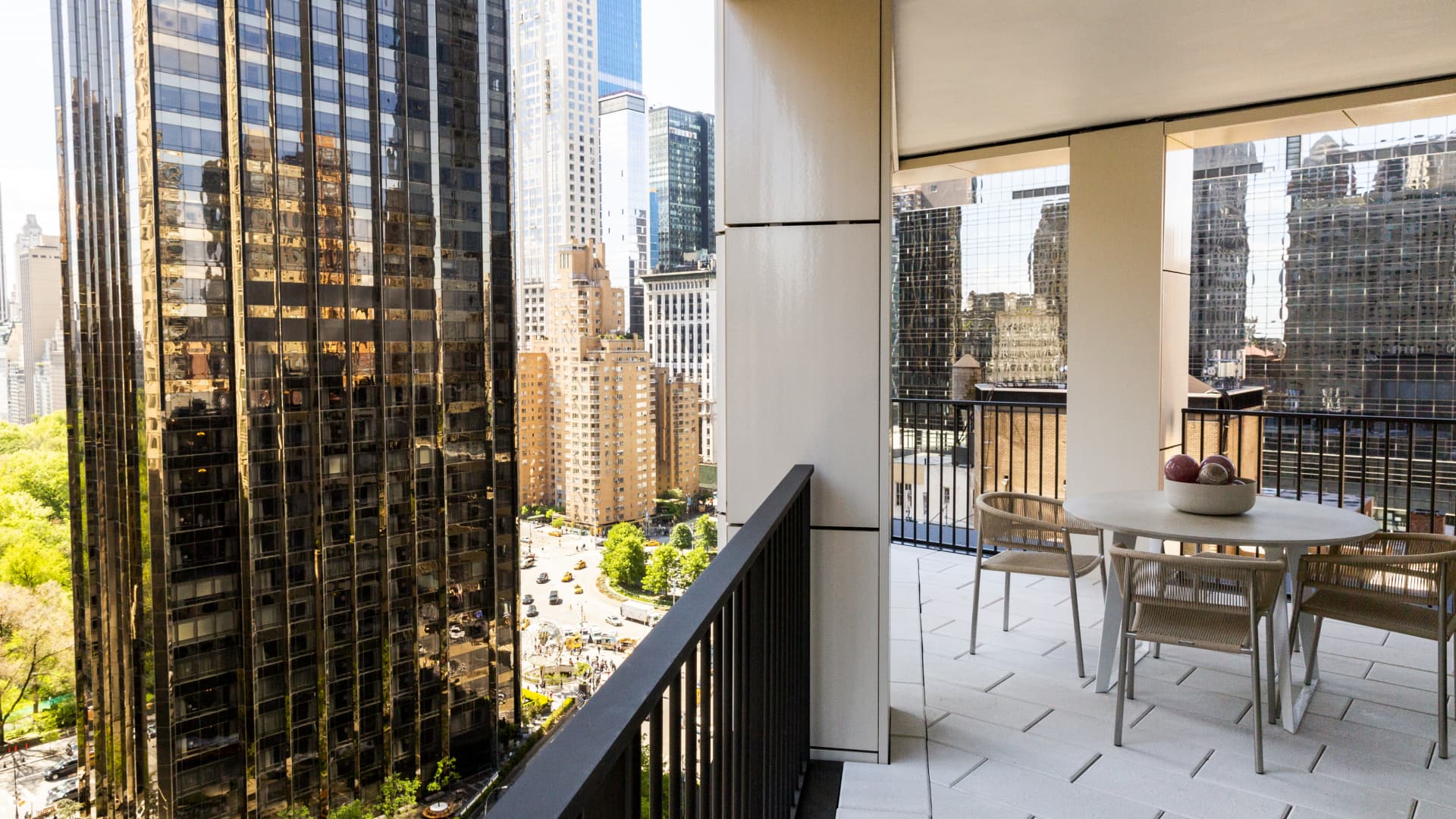Dan Rivers didn’t begin investing in real estate until he was already 38 years old, right after he moved to Charleston and switched careers from being a property manager to a real estate agent.
But since buying his first property in 2019, Rivers has accumulated a portfolio of 16 units across 12 properties worth a total of $2.7 million, of which his personal equity is worth just over $1.9 million, according to official documents verified by Insider.
As impressive as that is, that’s not the only major accomplishment that Rivers has achieved in the last four years.
Without having any connections in Charleston, Rivers made just $28,000 his first year working as a realtor in 2018. But through a combination of strategies, including flipping, private money lending, and rental properties, by 2022 Rivers’ gross revenue before costs were well over $1 million, as verified by Insider through tax returns.
According to Rivers, last year he made 62% of his total real estate income from house flips, 18% from sales commissions, 12% through asset sales, 5% from rent and passive investments with syndicates, and 2% from private money lending. The remaining 1% can be attributed to miscellaneous income such as coaching calls, Rivers said.
Getting into real estate investing with private money lending
While his first year as a realtor wasn’t a particularly lucrative beginning to his real estate journey, by the end of 2018 things began picking up steam when Rivers met a local real estate flipper in Charleston.
At first, Rivers was helping the flipper by finding homes for her to buy, then selling her refurbished properties. Soon afterwards — with his investing interest piqued — Rivers began providing her with private money loans.
“She said, ‘Hey, I need $30,000 on this deal.’ I said, ‘Great, what’s the return?’ She said I’d get 20%, or $6,000 back. I’d lend her the $30,000 and about four or five months later I’d get $36,000,” Rivers told Insider. “It just kind of evolved from there.”
A “pivotal moment” for Rivers came after he began further immersing himself into Charleston’s local real estate investing community by attending regular meetups and networking events. That’s when he decided to become more actively involved through not only private money lending, but also home flipping and wholesaling.
“These people were thinking so big, so I began thinking, why restrict myself to seven figures? Why don’t I think about eight? Why don’t I figure out nine? How do I grow to get there?” Rivers explained.
Rivers partnered with his brother-in-law and planned to develop green homes, but they decided to pivot towards buying rentals for the immediate cash flow. In 2019, they split the 20% down payment for their first property purchase, a duplex in Charleston that cost $125,000.
Since 2019, Rivers has scaled his rental property portfolio to include 16 units across 12 properties, which includes short-term vacation rentals. Today, he estimates that his net monthly profit from his rental properties is just under $8,000.
Scaling up with house flipping
Around 2019, Rivers also began dabbling in house flipping, a strategy which makes up a huge chunk of his real estate investing income today.
Since Rivers started off with limited savings, he used a private hard money lender to finance his earliest flips. Typically, these lenders would loan him about 90% of the property’s purchase price and 100% of the rehab costs in installments, which meant that Rivers only needed about $10,000 to $20,000 of his own money to buy a home to flip.
When Rivers had scaled to around a dozen flips a year, in 2020 he decided to found his comprehensive real estate services firm, Rivers Capital Group. Depending on the market, Rivers estimates that he now flips between 10 to 15 homes a year.
In his biggest flipping success to date, Rivers borrowed around $180,000 to finance the deal, which helped account for the home’s purchase price of $106,500 and some of the renovations costs. Rivers then spent six months renovating the property, which included opening up the floor plan, adding on a bedroom and laundry closet, and upgrading appliances and cosmetics.
Total renovations cost just over $100,000, which meant that Rivers had to put around $30,000 of his own money into the project.
Half a year later, Rivers sold the property for $425,000, according to official closing documents viewed by Insider. After subtracting the $37,000 he paid in holding costs for his hard money loans, and adding the $8,500 he earned in realtor commissions, Rivers’ total profit for the six-month project was $180,000.
Besides home flips, through his company Rivers still provides realtor services, private money lending, off-market deals, and wholesaling, although he’s not as actively involved in these services.
“Wholesaling has a very negative connotation, but that’s definitely a very, very small number in our business. I like to call it more off-market marketing because we’re trying to find properties to flip,” Rivers explained. “We don’t necessarily need to assign it to someone else or wholesale it; we want to keep it in house, renovate it, and then sell it.”
Focusing on passive investing through real estate syndicates
Today, Rivers also has an additional nearly $1 million invested across various syndicates.
Rivers credits his local real estate investor meetups with providing him the opportunity to meet higher-octane investors, including those who operated the first syndicated fund he invested in.
While syndications usually require a high minimum investment and are reserved for accredited investors, Rivers was able to join his first syndicate with a $50,000 investment because he knew the operators personally. In exchange, Rivers received monthly payments of $300 — but when the fund was sold a year and a half later, he received an additional $76,000, giving him a total profit of over $30,000.
Currently, the $1 million in capital Rivers has across syndicates includes investments in a variety of businesses, such as a car wash, as well as commercial buildings, multifamily apartments, and other properties in various southeastern states such as Georgia and North Carolina. Rivers estimated that he receives just over $2,500 per month from his syndicate investments.
“Syndications are one of the only truly passive investments I have right now, because even with rentals you have the headaches of potential damage,” Rivers said.
Ultimately, Rivers’ investing objective is to free up as much time as possible to spend with his family, travel, and give back to his local community by educating the youth about financial literacy.
“The whole goal is to try to switch as much active investing as I can to passive over the next 10 years, so that I don’t really have to work for my money,” he explained.















